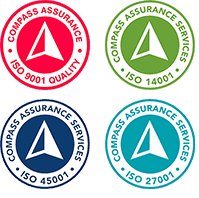Working as a Change Manager in an industry that delivers technology solutions to organisations often leads to a wider conversations around the “Modern Workplace.” The technology solutions themselves we deliver are the backbone of modern ways of working. The reason these wider conversations happen though, is because organisations often use the term "modern workplace" as a key driving force for a lot of technology spends.
Once a wider conversation develops with these organisations around the modern workplace it soon becomes evident that their understanding of what the modern workplace is, is generally quite fragmented. This can mean that they often view a single technology change as the sole requirement for getting them across the line; when realistically there is a much broader plan needed to make the journey to a truly modern workplace.
Our role as Change Managers has therefore developed from transitioning people to new ways of working to coaching organisations on what it means to be a truly modern workplace, and how they can expand their journey.
When discussing with different organisations across different industries it’s important to acknowledge that what the journey means for one organisation, can be significantly different for another. There are several factors that come to play here. For example:
- The industry they are in
Will they be left behind their competitors if their tech is outdated?
- How much does the organisation spend per annum on travel and meetings across locations with internal or external customers?
Do they have multiple sites across a sparse area? Can the tools they use be upgraded to facilitate coming together remotely?
- Staff retention
Are they finding it hard to retain staff? Will allowing flexible working arrangements and deploying tools that lend to remote ways of working help to retain staff?
- Health and well-being of staff
By implementing a whole range of well-being initiatives - from office fit outs to gym memberships and more - this can help to attract the best minds, and reduce HR issues such as absenteeism.
A recent study conducted by Condeco of 750 companies, asked the question “what are the greatest benefits to your organisation of investing in developing a modern workplace?” 37% responded that productivity was their main driving force, whereas 26% believed that it was to improve creativity and innovation. However, 25% of respondents said that reducing costs was their main reason. The least important (at 15%) was “to improve talent pipeline.”
This highlights that the main justification for investing in a modern workplace will differ, depending on the specific organisation's circumstances. That main justification will ultimately have great influence on what initiatives the organisation deems as important - greatly affecting the specific journey they will take.
For those organisations that are choosing to develop a culture that lends to remote ways of working, the justification for this single initiative can also be quite different. When asked the specific question of “why would your organisation offer remote working?” 52% responded “to improve staff retention,” 47% responded “to reduce office costs," and 45% indicated that “employees demand it.”
Regardless of the justification this type of change can be quite a paradigm shift for a lot of organisations, irrespective of whether or not the employees have demanded that shift. Staff and business expectations need to be clearly managed and the change dealt with properly, for it to have any of the benefits listed above.
For those organisations looking to embark on a modern workplace journey I would recommend they ask themselves:
- Why are we doing this?
- How will this benefit us?
- Do we have the skills to go this alone or will we need some guidance?
Whilst all 3 of these questions are key to ensuring that any transition is successful, that final question is probably the most important of all... And honesty is key. Take firm and honest stock of your organisation's skill set - it will be the driving force behind getting the rest of the organisation to understand the answers to questions 1 and 2, and ensuring they jump aboard change train.
Once an organisation has asked themselves these questions and acknowledged this will be their own unique journey, they will most certainly be in a better position moving forward.
If you'd like to have a conversation about your organisation's path or journey to modern ways of working, please feel free to reach out. You can send an email through our website contact form, or I'm on twitter @ICommCMP.

 Back
Back
